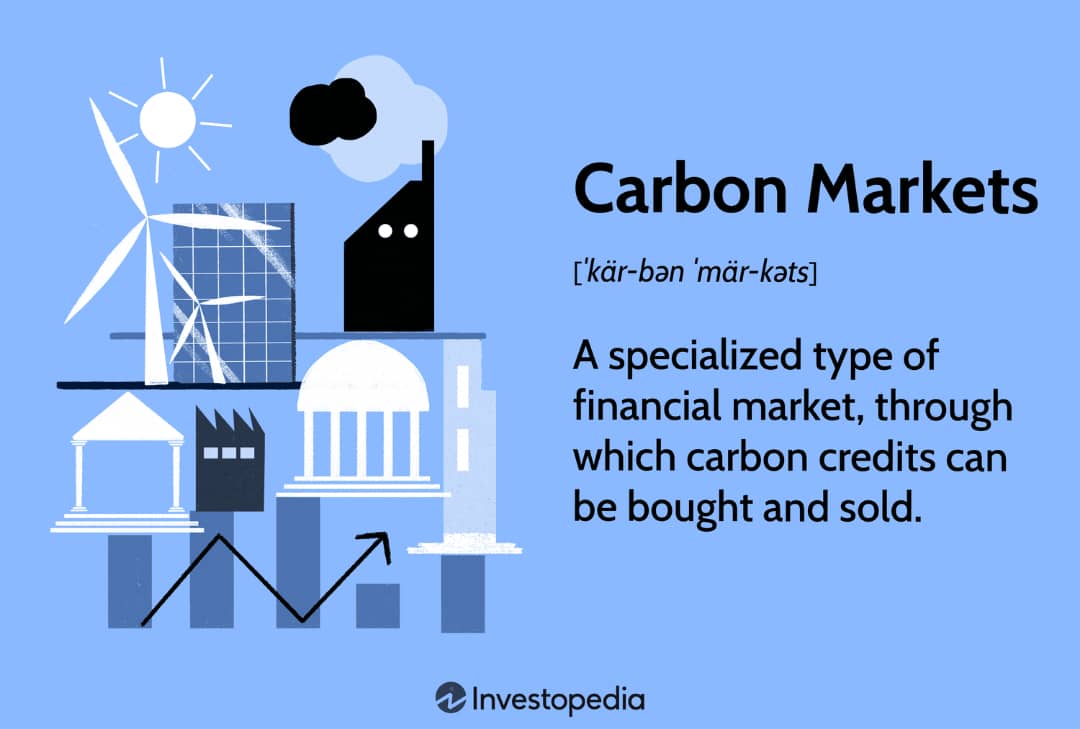Chantelle Bongubukhosi Ncube
Today, the Africa Carbon Market and Sustainability Forum was held at the Bulawayo City Hall, drawing attention to the pivotal role of carbon credits in combating climate change and fostering sustainable development across Africa.
The forum, attended by government officials, environmental experts, and international stakeholders, highlighted the potential benefits of the carbon market for Zimbabwe and the broader African continent.
A carbon market is a system designed to reduce greenhouse gas emissions by allowing countries or organizations to buy and sell carbon credits. Carbon credits represent the right to emit a certain amount of carbon dioxide or other greenhouse gases.
One credit typically permits the emission of one ton of CO2. These markets incentivize companies to reduce their emissions by offering financial rewards for achieving lower-than-required emission levels.
Economic Opportunities: Carbon credits can generate significant revenue for local communities and national economies.
In Zimbabwe, participating in the carbon market can attract foreign investment, create jobs, and provide funds for sustainable development projects.
By encouraging the reduction of carbon emissions, carbon markets contribute to global efforts to combat climate change. Zimbabwe, with its vast natural resources and potential for renewable energy projects, can play a crucial role in these efforts.
European countries, which have historically contributed significantly to global emissions, are now looking to offset their carbon footprint.
Through carbon credits, African nations like Zimbabwe can receive compensation for their efforts in preserving forests and implementing green initiatives.
The implementation of carbon markets has been shown to be effective in reducing greenhouse gas emissions.
According to a study published in the Journal of Environmental Economics and Management, countries participating in carbon markets saw an average reduction of 1-2% in emissions per year . For Zimbabwe, this reduction can translate to improved air quality, better health outcomes, and a more stable climate.
Dr. Tinashe Mafusire, an environmental economist at the University of Zimbabwe, emphasized the importance of carbon markets for African nations. “Carbon credits not only provide a financial incentive for reducing emissions but also create a framework for sustainable development,” he stated. “This forum is a crucial step in aligning Zimbabwe’s climate policies with global standards.”
The Kenya Agricultural Carbon Project (KACP) has successfully reduced over 150,000 tons of CO2 emissions by adopting sustainable farming practices .
Through the Clean Development Mechanism (CDM), Nigeria has generated over $100 million in carbon credits by investing in renewable energy projects .
As the forum concluded, participants expressed optimism about the future of the carbon market in Africa.
The Minister of Environment, Climate, Tourism, and Hospitality Industry, Hon. Mangaliso Ndlovu, announced plans to implement more robust carbon credit policies in Zimbabwe. “We are committed to harnessing the benefits of the carbon market to drive sustainable development and combat climate change,” he affirmed.
The Africa Carbon Market and Sustainability Forum in Bulawayo has set the stage for a transformative approach to climate action in Zimbabwe.
By leveraging carbon credits, Zimbabwe can not only mitigate the impacts of global warming but also pave the way for economic growth and sustainable development.
Zim GBC News©2024


